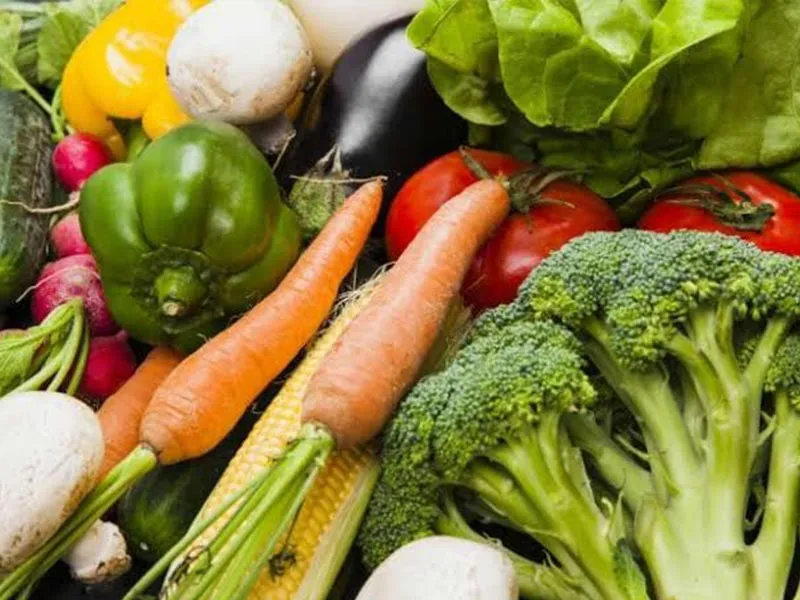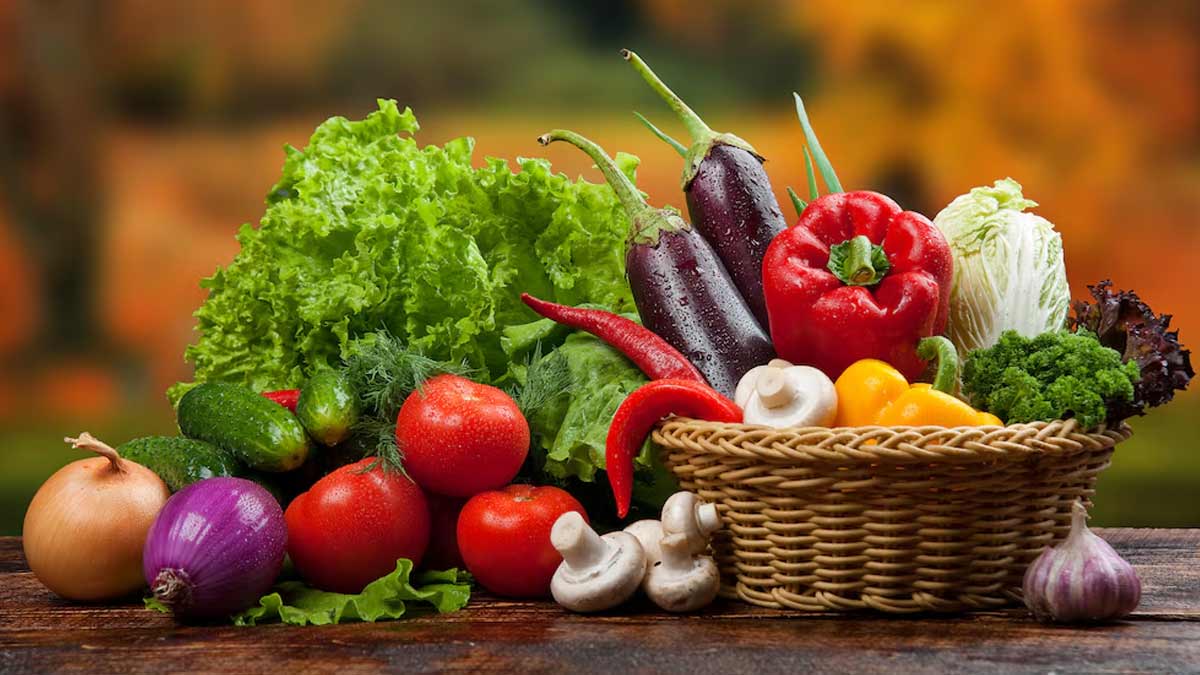
In seeking a healthy way of life, vegetables are frequently touted as nutritional superfoods, and rightly so. Loaded with vitamins, minerals, fibre, and antioxidants, they're the key to disease prevention and optimal health. But in an age where ‘more is better’ is all too often the mantra, can it be that even in something as inherently positive as vegetables, there's a threshold where too much is, well, bad for you? The concept may be counterintuitive, but let's understand if it's indeed possible to consume too many vegetables for your well-being.
Table of Content:-
We spoke to ur expert, Dr Bhumesh Tyagi, Consultant, General Medicine and Physician, Shardacare - Health City, and he explained that for the majority of individuals, the response is decidedly no. The overwhelming majority of people are having difficulty consuming the suggested daily allowance of vegetables, which is usually two to three cups for adults. For this group of the population, targeting a boost in vegetable consumption is decidedly a good thing. “For a minority of people, however, and in certain conditions, a high level of consumption of some vegetables, or the overall high level, could, theoretically, produce some ill effects,” he highlighted.
Harmful Effects Of Eating Too Much Vegetables
A few harmful effects of eating too many vegetables may include:
1. Fibre Overload: Gastrointestinal Disturbances
One of the most frequent problems linked with an abrupt or excessive rise in vegetable consumption, especially uncooked vegetables, is gastrointestinal disturbance. The excessive fibre content, although extremely useful for gut health and bowels, can cause gas, bloating, and stomach aches if the digestive system is not geared to it. This is particularly so in the case of cruciferous vegetables such as broccoli, cabbage, and cauliflower, which have complex sugars that may be more difficult to digest. For people with irritable stomachs or underlying digestive issues such as Irritable Bowel Syndrome (IBS), an abrupt fibre overload can worsen symptoms.
Also Read: First Ozempic Face, Now Ozempic Teeth: What To Know About The Latest Side Effect Of Weight Loss Drug

2. Anti-Nutrients: A Minor Issue
A second issue, albeit less prevalent, is malabsorption of nutrients. Although vegetables are high in nutrients, some of them have substances referred to as oxalates and phytates. These "anti-nutrients" may bind to minerals such as calcium, iron, and zinc, and therefore decrease their absorption. Spinach is rich in oxalates, for instance. A normal serving will not be a problem, but a very high consumption of oxalate-containing vegetables, particularly among those who are susceptible to kidney stones, might potentially lead to their development. Phytates in legumes and certain grains, while not exclusively vegetable-related, also demonstrate the theme of balance.
3. Rare Instances: Excessive Overconsumption of Particular Vegetables
Additionally, in exceptionally rare instances, overconsumption of a large quantity of some vegetables can precipitate particular health problems. For example, excessive consumption of carotenoid vegetables such as carrots, sweet potatoes, and pumpkins may result in carotenemia, a benign condition where the skin becomes a yellowish-orange colour because of elevated beta-carotene levels. Although harmless, it's an unequivocal indication of overconsumption. More seriously, vegetables in the nightshade family, such as potatoes and tomatoes (although the latter is technically a fruit, it's commonly used as a vegetable), have solanine, a natural poison. In extremely large, unrealistic amounts, this might be dangerous, but typical intake levels are safe.
4. Medication Interactions
Last but not least, for those on certain medications, most notably blood thinners such as warfarin, a very high consumption of Vitamin K-containing vegetables like kale, spinach, and collard greens might hamper drug action. Vitamin K is involved in blood clotting, and the abrupt, extreme alteration of its consumption can change the INR (International Normalized Ratio) values, and therefore needs close monitoring by a doctor.
Summary
For the great majority of individuals, the advantages of greater vegetable intake far surpass any risk. The notion of 'overdoing it on vegetables' is more of a hypothetical issue for the general public. It is a reminder that even among healthy foods, balance and moderation must be practised. Hearing your body, slowly adding fibre into your diet, and paying attention to certain dietary requirements or health conditions are always good habits. If you are worried about your veggie intake or any other health condition, always see a health professional or a registered dietitian. They can assist you in designing a balanced and healthy eating plan that works for your well-being.
Also watch this video
How we keep this article up to date:
We work with experts and keep a close eye on the latest in health and wellness. Whenever there is a new research or helpful information, we update our articles with accurate and useful advice.
Current Version